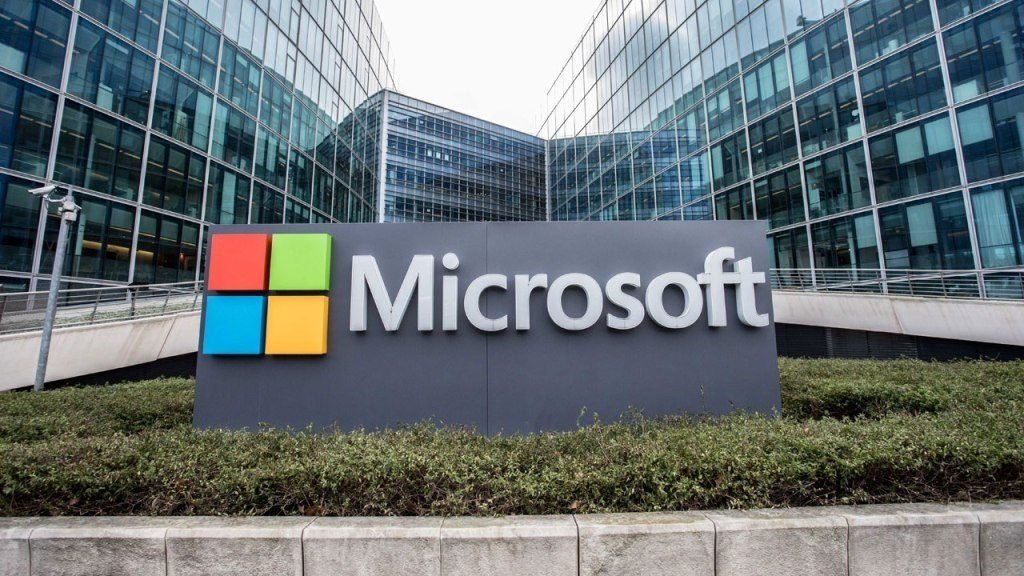Microsoft has hired a key semiconductor designer away from Apple in an effort to expand its own efforts developing server chips, marking the second departure from Apple's chip team in recent weeks.
Mike Filippo, who joined Apple in 2019, will reportedly work on processors in Microsoft's Azure group, Bloomberg reported Wednesday.
The poaching hints that Microsoft could be accelerating efforts to build first-party server chips for its cloud computing services. The company's primary rivals, Amazon and Alphabet, are making similar moves.
Before joining Apple in 2019, Filippo served as a top chip architect at Arm for around 10 years. Prior to that, he worked at Intel. During his tenure at Arm, he was credited with advancing the architecture's underlying technologies for mobile and other platforms, Bloomberg points out.
As far as Apple is concerned, Filippo's departure marks the second high-profile chip engineer hired away by another company. Earlier in January, Intel poached lead Apple Silicon designer Jeff Wilcox.
A report from late December 2021 indicated that Apple was taking steps to prevent poaching, including offering top engineering talent stock bonuses worth up to $180,000.
Technology giants are increasingly looking to develop first-party chips as global supply constraints and semiconductor shortages loom overage the industry.
Apple is further along in its first-party chip strategy than other companies. Back in October, it announced the M1 Pro and M1 Max, two Apple Silicon chips that are still leading the pack as far as performance as power efficiency.
 Mike Peterson
Mike Peterson




-xl-m.jpg)



 Malcolm Owen
Malcolm Owen
 William Gallagher
William Gallagher
 Mike Wuerthele
Mike Wuerthele


 Thomas Sibilly
Thomas Sibilly
 Wesley Hilliard
Wesley Hilliard
 Marko Zivkovic
Marko Zivkovic








45 Comments
Feel bad for Apple, so since now Apple is a lead in this market so when there’s two people left the company, will they take the technology from Apple with them to the new company so Innoway it’s like they’re stealing from the company to another?
Well Apple is doomed for sure now.
Fucked framing of the story, can you *try* and be more negative please, we haven't had enough trolls join in the past few days.
Anyway, that’s silly. These chip companies will no doubt have technical reserves up to two or three years. It’s just a matter of hiring smart people.